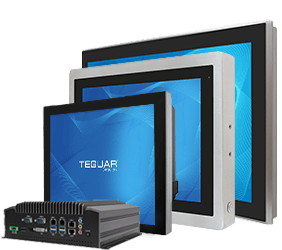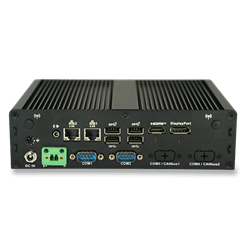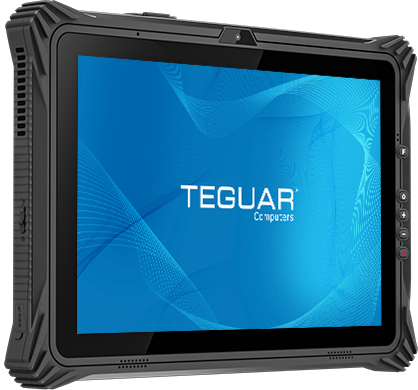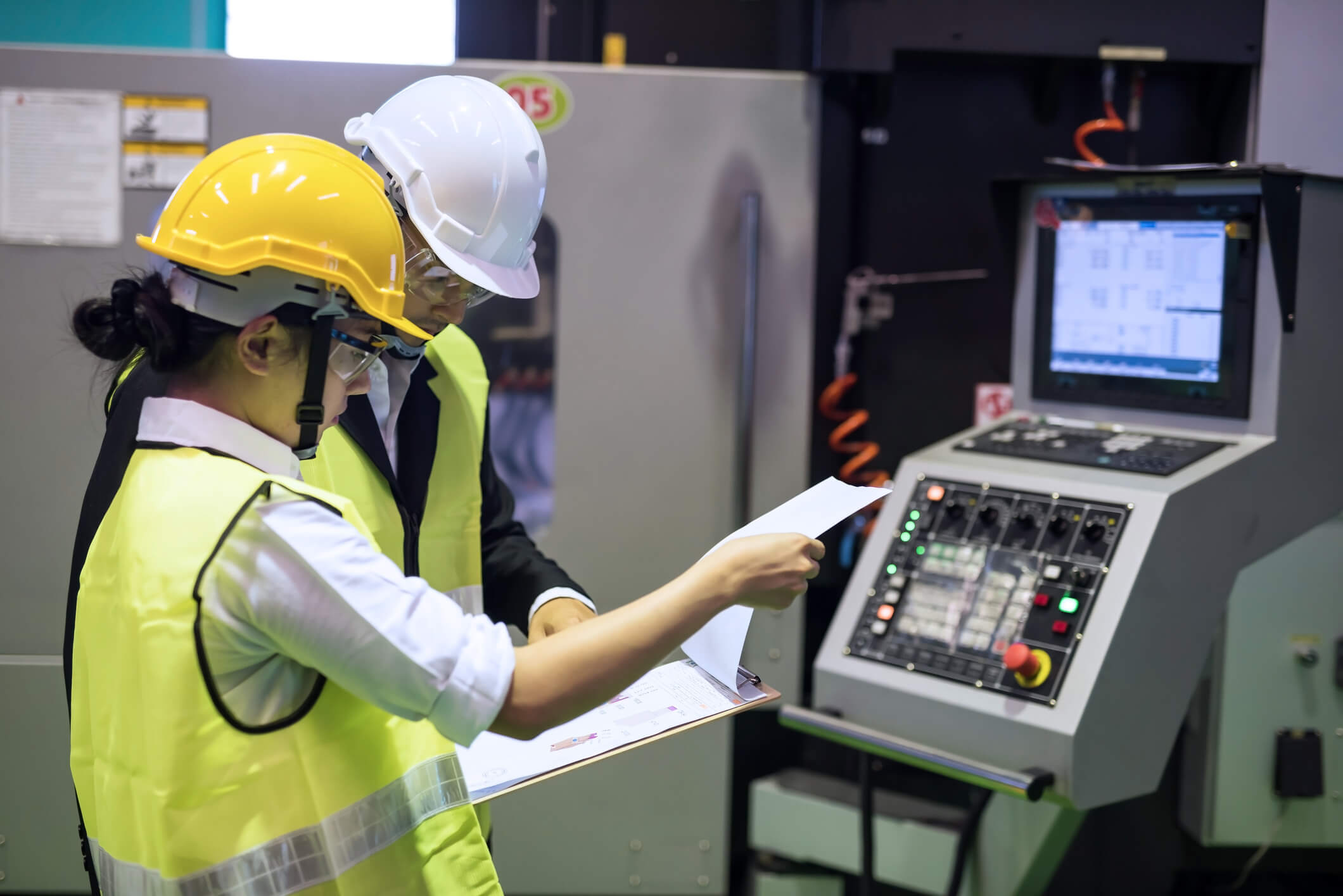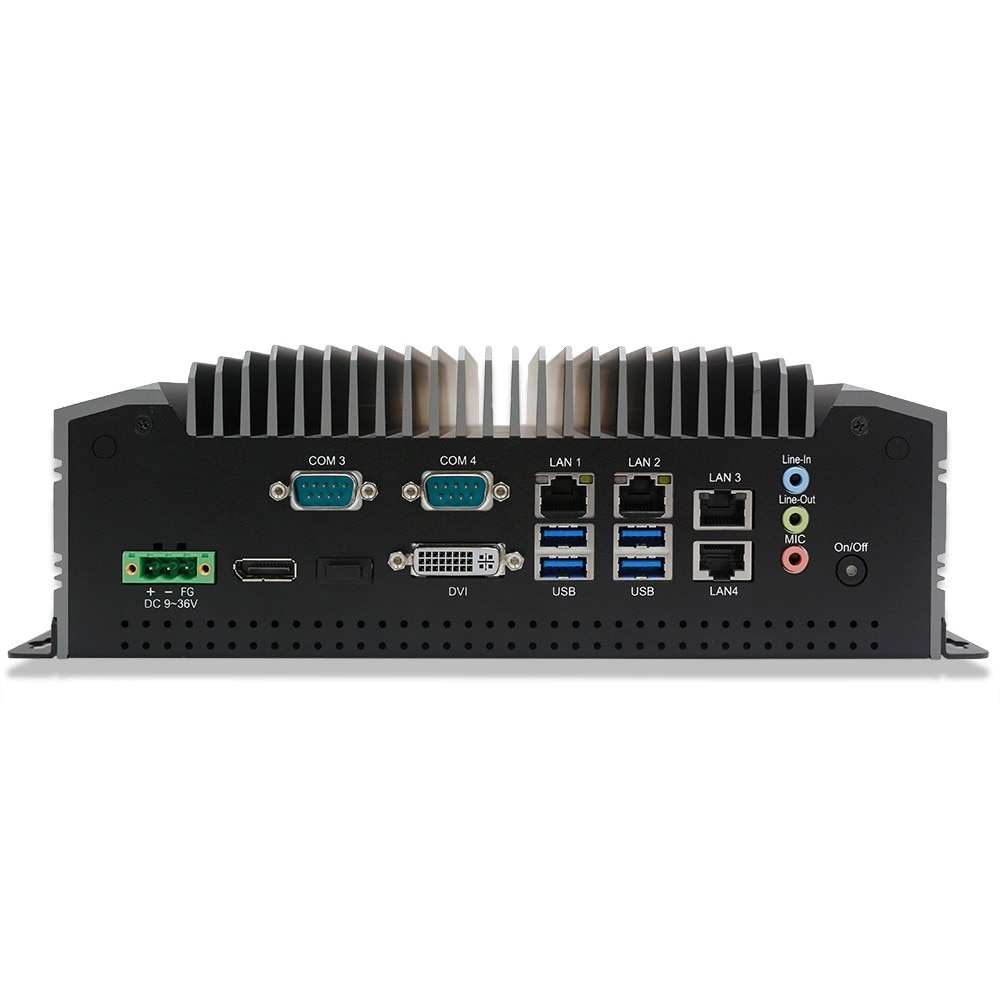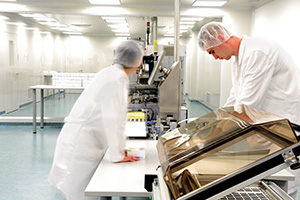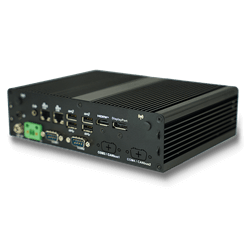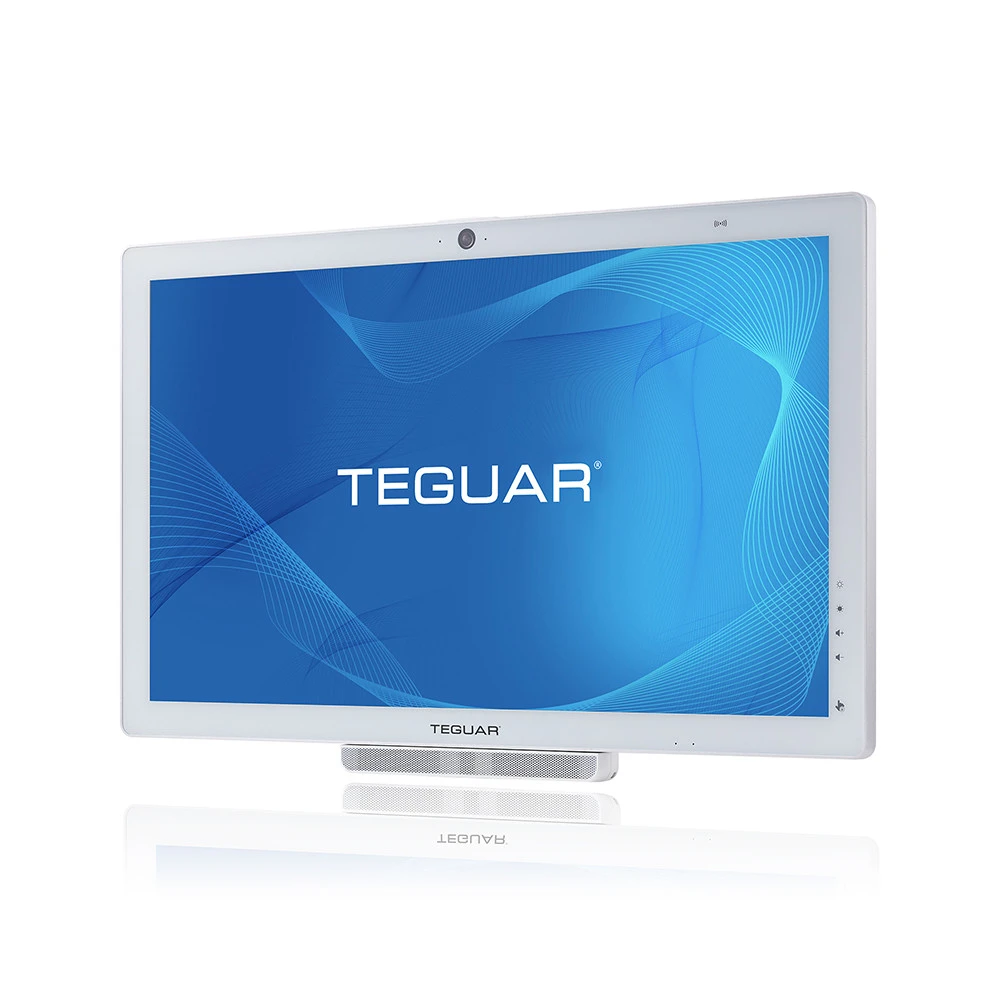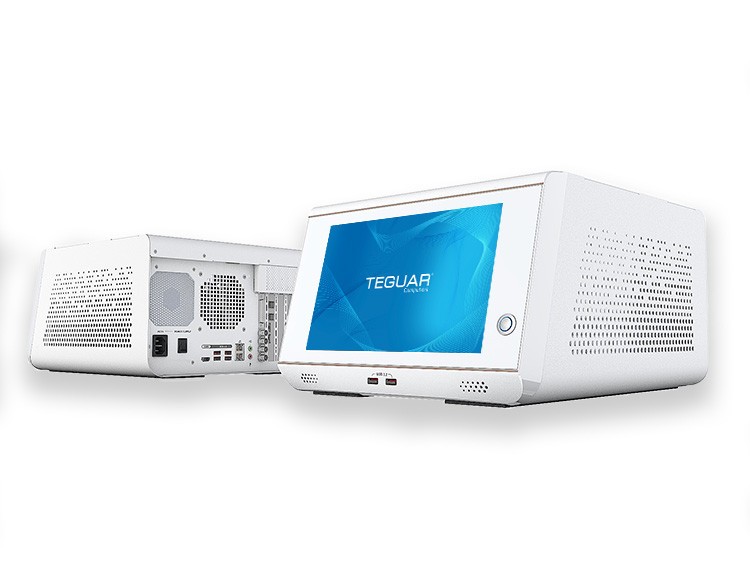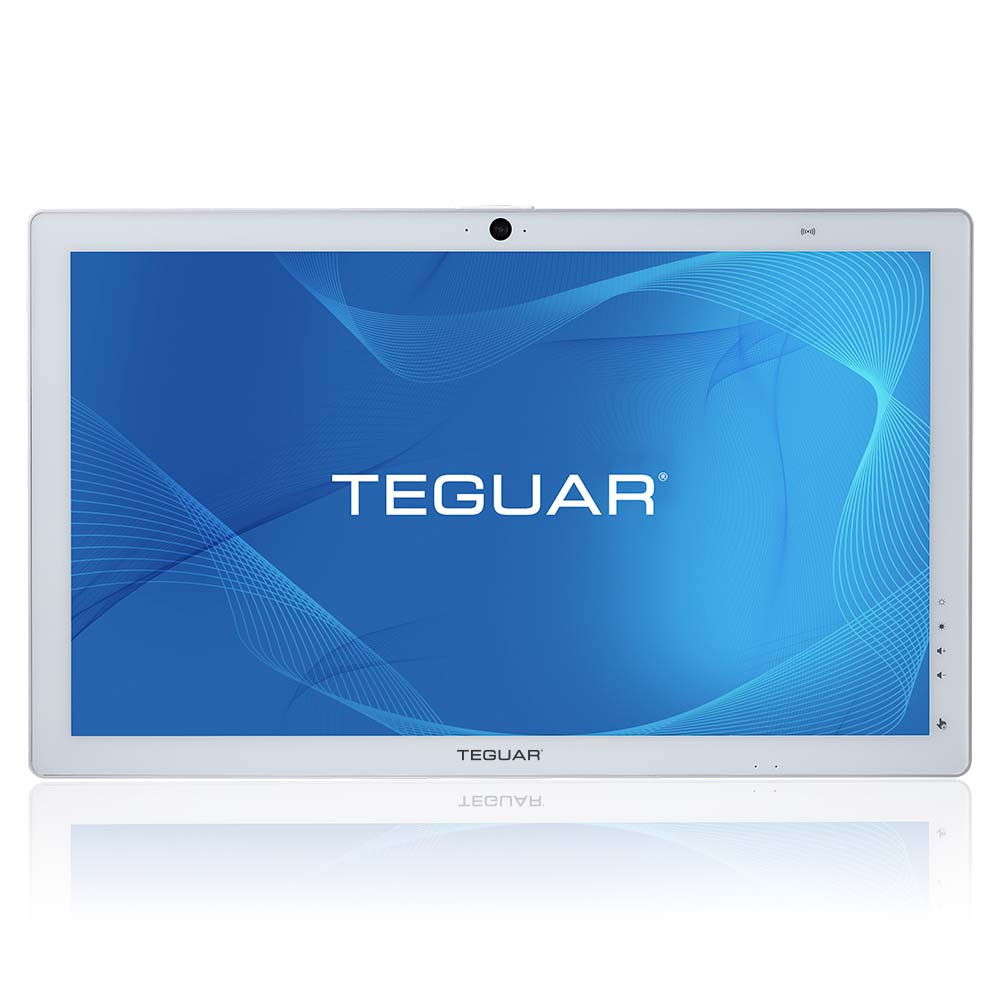Fanless Box Computers on the Rise
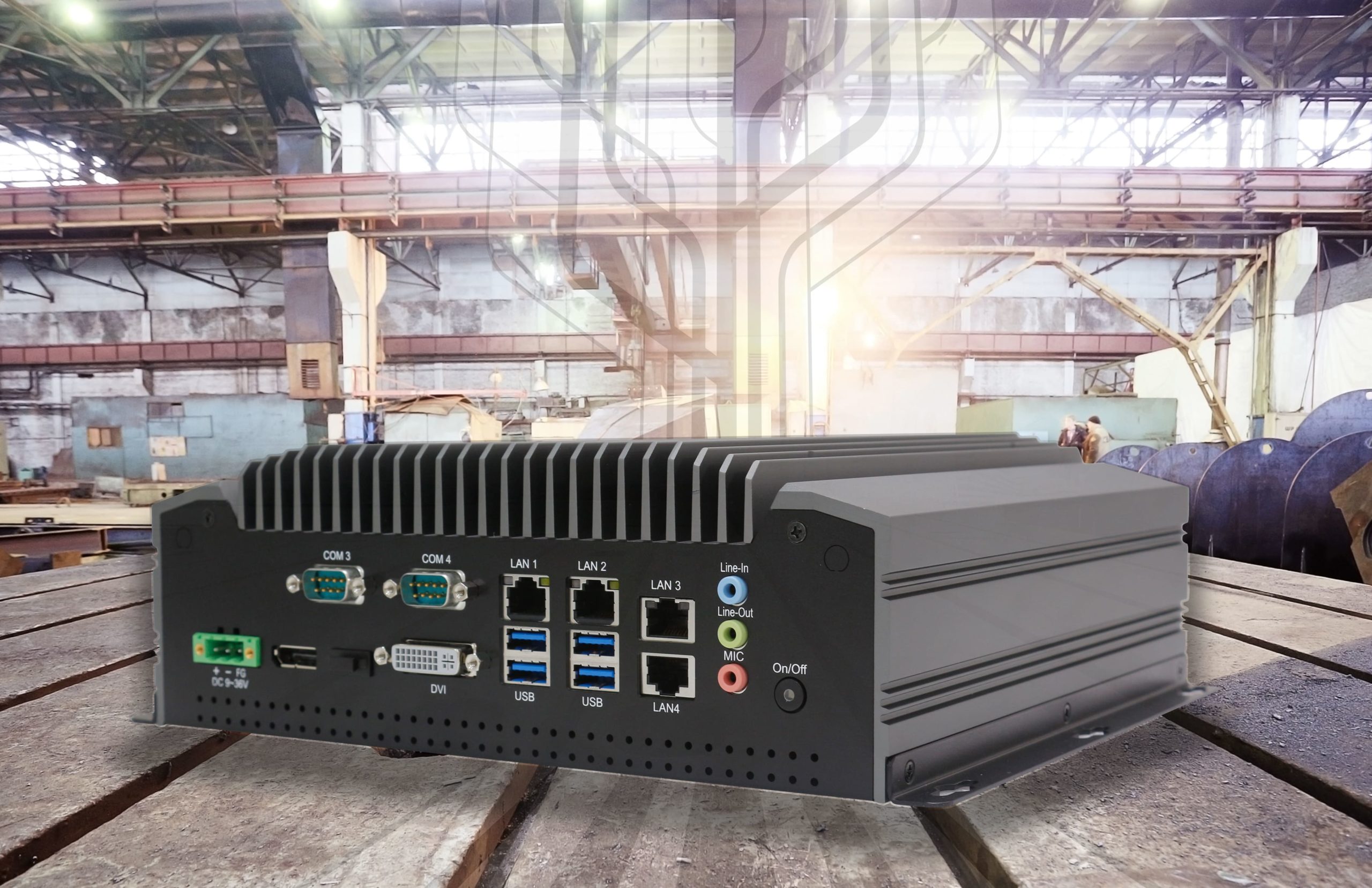 They have infiltrated our factories, farms, hospitals, and even prisons. They silently execute their missions when failure is not an option. They survive in extreme conditions where others may fail. What are these amazing creatures? They go by many names, but we typically refer to them as fanless box PCs. They are also known as fanless embedded systems or fanless industrial computers. Here’s a quick summary of who’s using them and why.
They have infiltrated our factories, farms, hospitals, and even prisons. They silently execute their missions when failure is not an option. They survive in extreme conditions where others may fail. What are these amazing creatures? They go by many names, but we typically refer to them as fanless box PCs. They are also known as fanless embedded systems or fanless industrial computers. Here’s a quick summary of who’s using them and why.
Why Fanless Box Computers are Chosen
• Fanless means reliable. Computers with fans are prone to failure from dust and other airborne particulate contamination. When dust enters a computer, it coats internal components and affects its cooling abilities. When components operate above their rated operating temperatures, they are prone to failure. If the dust is conductive, this can cause an outright failure upon contact. Fanless industrial computers are protected from dust contamination.
• Fanless means rugged. The most common points of failure in computers are the moving mechanical components, such as fans and hard drives. Moving components can degrade and fail over time through normal use, and this is accelerated when any mechanical shock and vibration is present. Fanless industrial computers have enhanced protection from mechanical failures, as they do not include a fan. When equipped with a solid state drive, fanless box computers are the optimal solution for applications where mechanical shock and vibration may be a factor.
• Fanless means thermal range. Some industrial computing applications require that the computer operate in extreme temperatures. Many of Teguar’s fanless industrial computers include unique thermal designs that allow them to be used in wide temperature environments. Teguar offers Celeron, core i3, i5, and i7 models that can meet these requirements.
• Fanless means enclosed. Some applications may require a waterproof computer. This is typical in many food and beverage and meat processing applications. Teguar has unique IP66 and stainless steel fanless box PCs to meet the needs of these environments.
• Fanless means silence. Some applications realize a benefit of quiet operation. This is typical in laboratory environments and medical applications. Fanless box computers have no moving parts and are completely silent.
How Fanless Box Computers are Used
• Headless Applications. Many industrial computer applications do not require a monitor or touchscreen user interface. This is commonly referred to as a headless application. Some examples of headless applications are computers that control machinery, unattended computers that monitor processes, and data processing computers. Fanless box PCs are an optimal solution for headless applications that require reliability and long-life cycle support.
• Wide Temperature Ranges Many applications that require a headless computer are subject to wide temperature swings. This may be because the computer is deployed in a remote location that is not temperature controlled, such as pump houses, utility stations, or outdoor agriculture machinery. Fanless box PCs include a unique thermal design that can accommodate wide operating temperatures, making them the perfect solution for high operating temperature environments.
• Jarring Situations. Fanless box computers are the number one choice for agriculture machinery, railway computing, and other vehicle applications. In these settings, the industrial computer is constantly subject to vibration and mechanical shock. Fanless box PCs are protected from this abuse, and they are the only choice for high vibration applications.
• One PC to Rule all the Monitors. Some industrial applications require a touchscreen user interface but realize a benefit of separating the PC from the touchscreen monitor. When multiple monitors must be connected, a separate fanless box PC may be the most cost-effective solution. Separating the industrial computer from the display may also be necessary due to space constraints and locations of these components when they are deployed. Another benefit of separating the fanless box PC from the monitor is that it may reduce downtime if the touchscreen monitor is damaged. In this situation, the monitor can be replaced immediately with minimal impact to the productivity of a production line.
• Big Brain, Small Screen. Some applications require a small touchscreen user interface along with a high performance industrial computer. All-in-One panel PCs that utilize low power processors are available in screen sizes down to 7″, but LCD sizes are limited when higher performance CPUs are required. Most Core i3/i5/i7 panel PCs are only available with screen sizes of 12″ or larger. For applications that require a small LCD size and a high performance CPU, it is necessary to separate the industrial computer from the touchscreen monitor.
Fanless box computers come in a variety of form-factors and specifications to meet the needs of most industrial computing applications. These rugged industrial computers are protected from dust, vibration, temperature, and in some cases liquids. Fanless PCs are the perfect choice for headless applications that require ruggedized reliability and long-life cycle support.
Previous Article
New Core i3/i5/i7 Fanless Box Computers with PCIe and DIN Rail Mount Options Now Available

